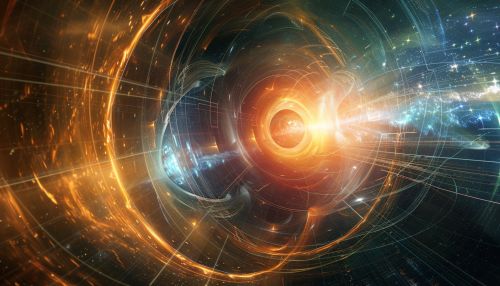Lorentz invariance
Introduction
Lorentz invariance, or the principle of relativity, is a fundamental concept in the theory of special relativity and general relativity. Named after the Dutch physicist Hendrik Antoon Lorentz, this principle states that the laws of physics remain the same for all observers, irrespective of their state of uniform motion.


Lorentz Transformations
Lorentz invariance is closely related to the concept of Lorentz transformations, which are mathematical transformations that relate the space and time coordinates of two observers moving at a constant velocity relative to each other. These transformations are a key component of special relativity, and they ensure that the speed of light in a vacuum is the same for all observers, regardless of their relative motion or of the motion of the source of the light.
Space-Time Symmetry
Lorentz invariance is a manifestation of the symmetry of space-time, the four-dimensional continuum in which the events of the universe occur. This symmetry is a fundamental aspect of the universe's structure, and it is preserved in all physical processes. The laws of physics, when expressed in terms of space-time variables, exhibit this symmetry and are thus said to be Lorentz invariant.
Lorentz Invariance in Quantum Field Theory
In quantum field theory, Lorentz invariance is a crucial principle that guides the formulation of the theory. It leads to the conclusion that particles and fields are representations of the Poincaré group, the group of isometries of Minkowski space-time. This has profound implications for the properties of particles and fields, and it underlies the structure of the Standard Model of particle physics.
Violations of Lorentz Invariance
While Lorentz invariance is a cornerstone of modern physics, there are theoretical scenarios in which it could be violated. Some theories of quantum gravity, such as string theory and loop quantum gravity, predict tiny violations of Lorentz invariance at extremely high energies or small distances. However, these violations are expected to be so small that they would be extremely difficult to detect experimentally.
